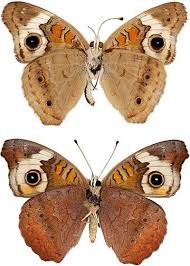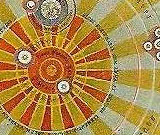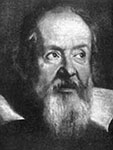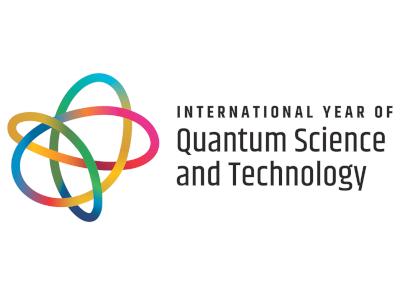
Readings on Quantum Mechanics: An Introduction, by Gabiele Coci
Matter and Light. The New Physics (1937), by Louis de Broglie
The Meaning of Beauty in Exact Natural Science (1970), by Werner Heisenberg
Quantum Mechanics (2002), by John Polkinghorne, from INTERS
Faith and Quantum Theory (2007), by Stephen Barr
Quantum Mechanics. Philosophical and Theological Implications (2019), by Javier Sánchez Cañizares, from INTERS
Articles of Historical Interest
Can Quantum-Mechanical Description of Physical Reality Be Considered Complete? (1935), by A. Einstein, B. Podolski, N. Rosen
On the Einstein Podolsky Rosen Paradox (1964), by J.S. Bell
Experimental Realization of Einstein-Podolsky-Rosen-Bohm Gedankenexperiment: A New Violation of Bell's Inequalities (1982), by A. Aspect, P. Grangier and G. Roger
Moreover…
Pursuing Scientific Humanism. Letters Between Werner Heisenberg and Enrico Cantore, 1967-1976, a forthcoming book edited by Claudio Tagliapietra, INTERS staff
Introduction, by Jeffrey Pawlick
Antiqua et Nova, Notes on the Relationships between Artificial Intelligence and Human Intelligence, Dicastery for the Doctrine of the Faith, Dicastery for Culture and Education (2025)
The AI Dilemma (video), Center for Humane Technology (2023)
The Asilomar AI Principles, Future of Life Institute (2017)
Managing the Risks of Generative AI, Harvard Business Review (2023)
The United Nations Resolution on AI, United Nations General Assembly (2024)
Recommendation on the Ethics of Artificial Intelligence, UNESCO (2021)
AI Thinks. But Do We?, by Riccardo Manzotti (2023)
AI and the Vatican: What AI is and how it can be used, by Giuseppe Tanzella-Nitti (2025)

The Russell-Einstein Manifesto (1954)
The Erice Statement (1982)
Addendum to the Erice Manifesto (2023)
International Science Council Statement on the
occasion of the United Nations International Day
of Living Together in Peace (2024)
Pope Francis, Address to the Pontifical Academy of Science (2022)
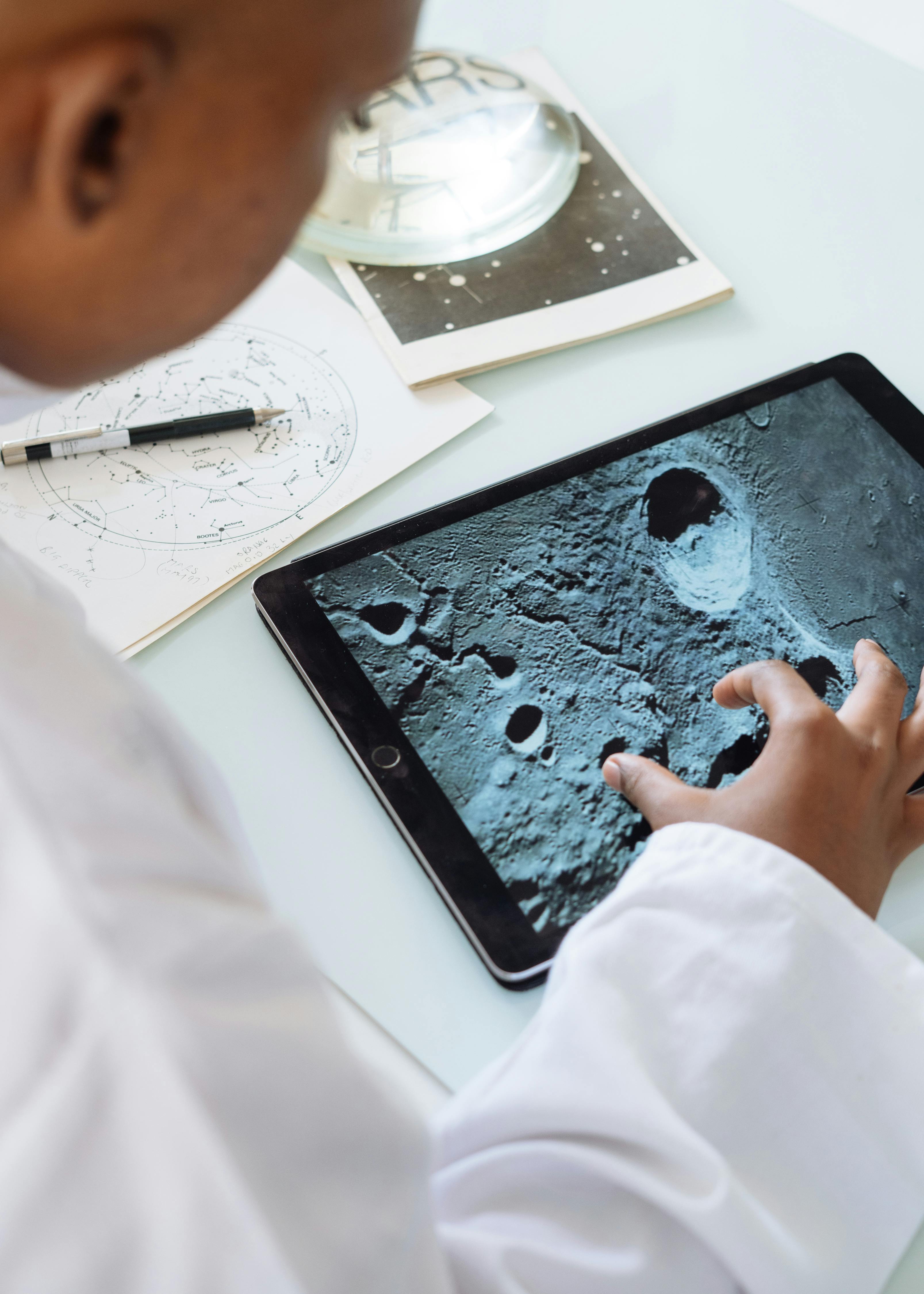
Introduction to readings, by Stefano Oliva
John Henry Newman, Christianity and Scientific Investigation. A Lecture Written for the School of Science (1855)
Michael Polanyi, The foundations of academic freedom (1947)
John Paul II, Address to Scientists and Students in the Cologne Cathedral (1980)
A. Einstein, On Freedom, in Out of my Later Years (1950)
Giuseppe Tanzella-Nitti,The Autonomy of the Sciences and Freedom of Research (2002)
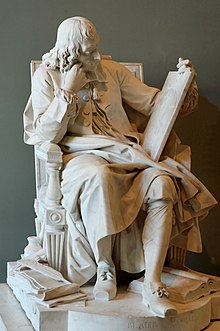
Pope Francis, The Grandeur and Misery of Man, Apostolic Letter on the IV Centenary of the Birth
Blaise Pascal and the Youth of the Sixty-Eight, by Giuseppe Tanzella - Nitti
Pascal on Faith and Reason: Thoughts beyond the Wager, by Luca Arcangeli
What was the influence of Blaise Pascal in the development of science in the seventeenth century?, by Luca Granieri
The Inescapable Human Reflection on the Ultimate Questions, from Penseés, nn. 194-195
Truth is known not only with reason, but also with the heart, from Penseés, nn. 282, 245
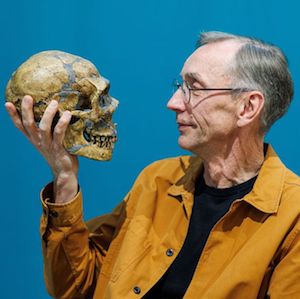 I. Colagè, Introduction: human progressive uniqueness between genes and culture
I. Colagè, Introduction: human progressive uniqueness between genes and culture
The Nobel Assembly, The Nobel Prize in Physiology and Medicine to Svante Pääbo, for his discoveries concerning the genomes of extinct hominins and human evolution
The video and the slides of professor Pääbo's Nobel Lecture, where he tells the origin of his research interests, the methods he developed, and the results he achieved with their theoretical and pratical implications
R. Dulbecco, "A Turning Point in Cancer Research: Sequencing the Human Genome", Science, 1986
Th. Dobzhansky and M.F. Ashley Montagu, "Natural Selection and the Mental Capacities of Mankind", Science, 1947
C. Renfrew, The concept of evolution as applied to the development of human cultures, 2009
J. C. Polkinghorne, Mind and matter: A physicist's view, 2009
K. Rahner, The Problem of Evolution as Seen by Theology, 1981
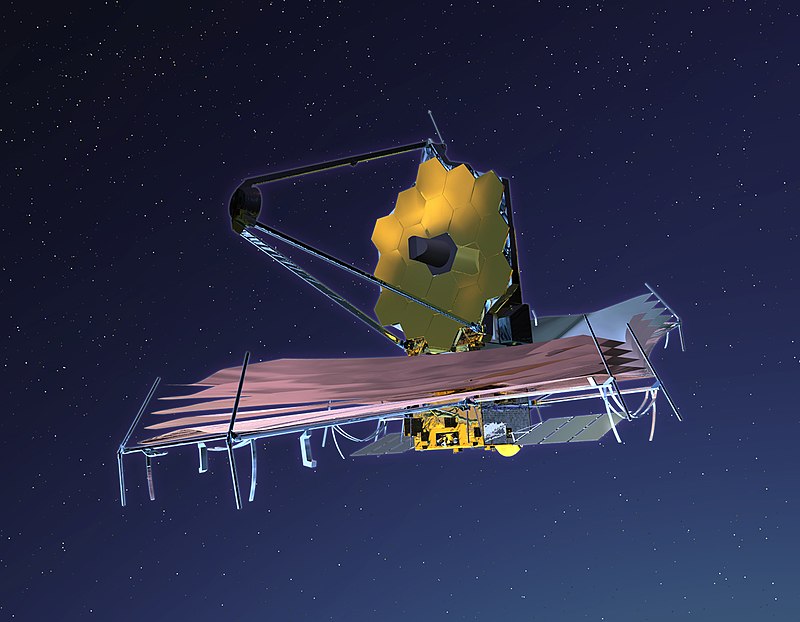 Today's date of Tuesday, July 12, 2022, is destined to remain for a long time in the memory of scientists as one of the great dates in astrophysics. The first color images and spectroscopic data collected in previous weeks by the James Webb Space Telescope (JWST), the new space telescope launched last Dec. 25, 2021, have been released today by NASA, ESA and CSA, respectively the U.S., European and Canadian space agencies.
Today's date of Tuesday, July 12, 2022, is destined to remain for a long time in the memory of scientists as one of the great dates in astrophysics. The first color images and spectroscopic data collected in previous weeks by the James Webb Space Telescope (JWST), the new space telescope launched last Dec. 25, 2021, have been released today by NASA, ESA and CSA, respectively the U.S., European and Canadian space agencies.
[Read more]
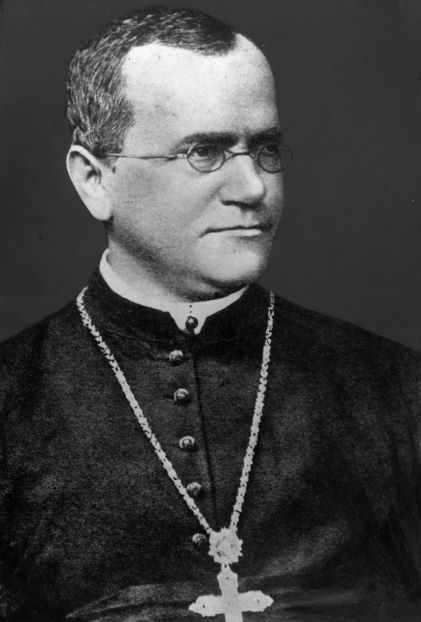 Anna Pelliccia, Johann Gregor Mendel, his cultural environment and legacy
Anna Pelliccia, Johann Gregor Mendel, his cultural environment and legacy
Ivan Colagè, Gregor Mendel and genetics between discovery and "invention", 200 years after his birth
Daniel J. Fairbanks, Mendel and Darwin: untangling a persistent enigma (2020)
Gregor Mendel, a brief portion of an Easter sermon (ca 1867)
Clemens Richter, Remembering Johann Gregor Mendel: a human, a Catholic priest, an Augustinian monk, and abbot (2015)
Gregor Mendel, Experiments in Plant Hybridation (1865)
Gregor Mendel and the History of Genetics (2020), a video by GCSE Biology
 Introduction to readings, by Giuseppe Tanzella-Nitti
Introduction to readings, by Giuseppe Tanzella-Nitti
R. Rudner, The Scientist qua Scientist Makes Value Judgments (1953)
M Polanyi, On the Intellectual Passions in Scientific Research (1958)
T. Dobzhansky, Humanism and Humanity (1967)
E. Cantore, The Humanistic Character of Science (1977)
J. Zycinski, Between Mathematics and Transcendence. The Search for the Spiritual Dimension of Scientific Discovery (2005)
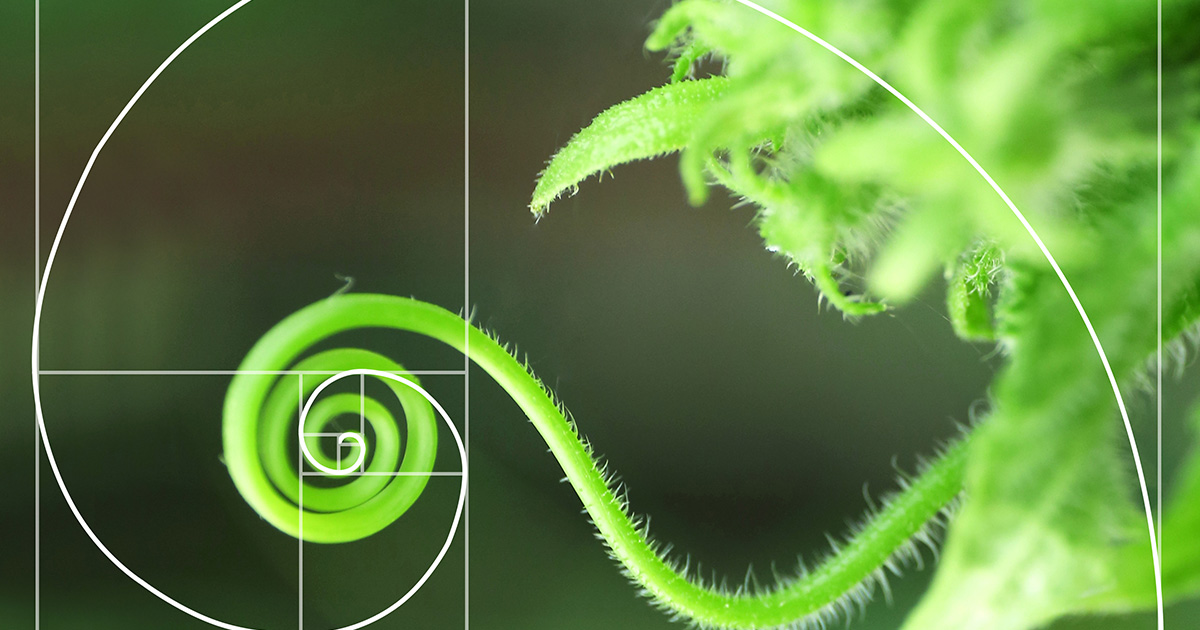 Scientific Beauty and Wonder Everywhere, by Geoffrey Wollard (2021)
Scientific Beauty and Wonder Everywhere, by Geoffrey Wollard (2021)
The scientific experience of ultimates: Wonder, by E. Cantore (1977)
The meaning of beauty in exact natural science, by W.K. Heisenberg (1970)
Beauty and the quest for beauty in science, by S. Chandrasekhar (1979)
From the INTERS Articles: W. Derske, Beauty
Suggested readings:
Engineering, beauty and a longing for the infinite, by M.A. Mooney, Scientific American (2019)
How beauty is making scientists rethinking evolution, by F. Jabr, The New York Times Magazine (2019)
Truth and beauty in physics and biology, by Ben D. MacArthur, Nature Physics (2021)
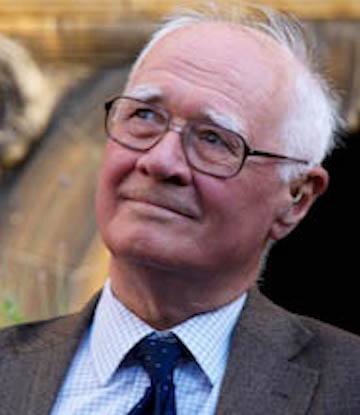 John Polkinghorne, one of the most active, known and loved personalities in the field of Science and Religion studies, passed away on last March, 9. He was born in Weston-super-Mare, United Kingdom, on October 16, 1930. Templeton Prize in 2002, Polkinghorne was a man of science. Until the age of 50, he had worked in the field of elementary particles as a theoretical physicist. [Read more]
John Polkinghorne, one of the most active, known and loved personalities in the field of Science and Religion studies, passed away on last March, 9. He was born in Weston-super-Mare, United Kingdom, on October 16, 1930. Templeton Prize in 2002, Polkinghorne was a man of science. Until the age of 50, he had worked in the field of elementary particles as a theoretical physicist. [Read more]
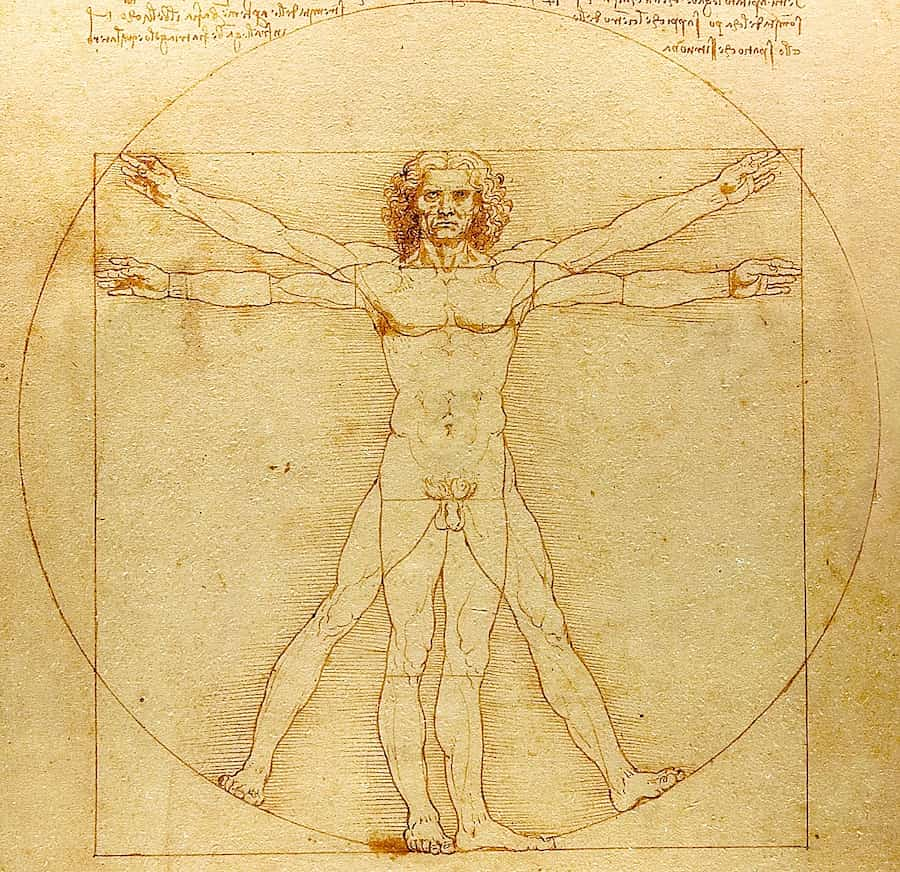 Readings on the Human Factor in Science: an approach to Scientific Humanism, an introduction by G. Tanzella-Nitti
Readings on the Human Factor in Science: an approach to Scientific Humanism, an introduction by G. Tanzella-Nitti
The scientific experience of knowledge, by E. Cantore (1977)
On the intellectual passion in scientific research, by M. Polanyi (1958)
The two supreme elements in human progress, by R. A. Millikan (1950)
Humanism and humanity, by Th. Dobzhansky (1967)
Science as a culture: A critical appreciation, by C. N. R. Rao (2002)
From the INTERS articles: E. Cantore, Science, The Humanistic Significance of
We are living in an unprecedented time. For nearly all of us, we could compare things to the last world war, with its global reach and extent of the measures taken, as we heard from our grandparents, or in my case from my parents. The whole world is involved. But so is the whole man, the whole person: scientific research, emotions, feelings, relationships, personal beliefs [read more]
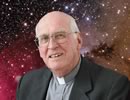 George Coyne, a Jesuit astronomer former Director of the Vatican Observatory from 1978 to 2006, left us on February 11. He died in Syracuse, New York, as a consequence of a cancer contracted years earlier. [Read more]
George Coyne, a Jesuit astronomer former Director of the Vatican Observatory from 1978 to 2006, left us on February 11. He died in Syracuse, New York, as a consequence of a cancer contracted years earlier. [Read more]

Augustine of Hippo (354-430), On the Book of Nature, a selection of quotes
Bonaventure of Bagnoregio (1221-1274), selected texts on the Metaphor
The Understanding of the Book of Nature according to Galileo Galilei (1564- 1642)
Nature as a Book in Robert Boyle's Works (1627-1691)
Book of Nature: Origin and Development of the Metaphor (2019), by Giuseppe Tanzella-Nitti
The Context of the Book of Nature in Patristic and Medieval Theology (2020), by Oskari Juurikkala
Introduction and guide to the proposed readings, by I. Colagè
History of evolution theories, by J. Gayon (2010)
Nicolas Stensen’s Prodromus to a Dissertation concerning Solids Naturally Contained within Solids, by I. Colagè
Natural Selection, by C.R. Darwin (1859)
The Limits of Natural Selection as Applied to Man, by A.R. Wallace (1870)
Natural Selection and the Mental Capacities of Mankind, by Th. Dobzhansky and M.F. Ashley Montagu (Science, 1947)
Excerpt from a Précis of Evolution in Four Dimensions, by E. Jablonka and M.J. Lamb (BBS, 2007)
"Does Evolutionary Theory Need a Rethink?", by K. Laland, G.A. Wray, et al. (Nature, 2014)
J.H. Newman, Christianity and Scientific Investigation. A Lecture Written for the School of Science (1855)
John Henry Newman: when Truth and Conscience smell of Holiness, by G. Tanzella-Nitti
The Heritage of J.H. Newman: an interview with Andrew Pinsent (2019)
J.H. Newman, The Nature of Faith in Relation to Reason (1839)
J.H. Newman, Knowledge Viewed in Relation to Religion (1852)
Benedict XVI, Discourse and Homily for the Beatification of Cardinal John Henry Newman (2010, September 18)
The Works of John Henry Newman on Newman Reader
The International Centre of Newman Friends (Roma-Oxford-Bregenz-Budapest)
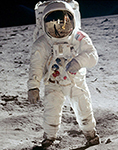
The Descent of Man on the Moon: Some Historical Images
D. F. Noble, The Ascent of the Saints: Space Exploration (1997)
Von Braun said: "Human space travel is God's will", from an interview by Oriana Fallaci (1965)
Paul VI, General Audience, 23 July 1969
Paul VI, Message delivered to the Astronauts of Apollo 11, July 1969
Jacques Arnould, Astronautics, from INTERS Encyclopedia
Giuseppe Reibaldi, Next Stop in Space: the Moon (2019)
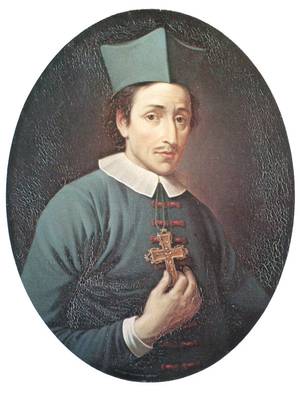
Nicolas Stensen’ Discourse on The Anatomy of the Brain, by Ivan Colagè
Nicolas Stensen’s Prodromus to a Dissertation concerning Solids Naturally Contained within Solids, by Ivan Colagè
Monuments and Iconography on Niels Stensen
Niels Stensen: A 17th Century Scientist with a Modern View of Brain Organization, by André Parent
The scientific revolution and Nicholas Steno’s twofold conversion, by Gian Battista Vai
Niels Stensen (1638-1686): Scientist, Neuroanatomist, and Saint, by P. Perrini, G. Lanzino, G.F. Parenti
Niels Stensen official website, Catholic Diocese of Copenhagen
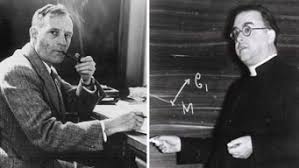
IAU members vote a resolution to recommend renaming the Hubble Law as the Hubble-Lemaître law. More information.
400 years from the Discovery of Kepler's Third Law
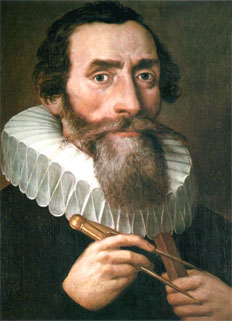
Kepler's Third Law and the "Harmonices Mundi" by Alessandro Giostra (2018)
Suggested Readings:
Kepler's View on Biblical Exegesis in "Astronomia Nova" (1609)
Astronomy and Speculation into the Celestial Harmonies (1619)
Prayers to God Creator in "Harmonies of the World" (1619)
Romano Guardini: 50 years from his death
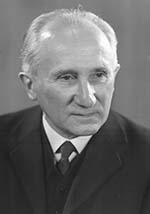 Romano Guardini: a look to the future, by Francisco Fernández Labastida (2018)
Romano Guardini: a look to the future, by Francisco Fernández Labastida (2018)
Suggested readings:
Man and Technique (1925)
Faith and Reason in Blaise Pascal’s Memorial (1935)
The Persistence of Christian Signs in a Secularized Society (1950)
March 14, 2018: Stephen Hawking left us
One of the most renowned scientists of the XX century died in Cambridge, by Giuseppe Tanzella Nitti
See the special issue of Nature dedicated to Stephen Hawking
 A letter from the PCC Assembly has been delivered to Pope Francis on November 24 2017 requesting the revision of the Monitum (1962) on the works of Pierre Teilhard de Chardin. (Read more)
A letter from the PCC Assembly has been delivered to Pope Francis on November 24 2017 requesting the revision of the Monitum (1962) on the works of Pierre Teilhard de Chardin. (Read more)
700 years from the birth of St. Bonaventure
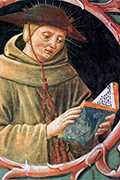 The Philosophy of St. Bonaventure On Creation, Etienne Gilson (1938)
The Philosophy of St. Bonaventure On Creation, Etienne Gilson (1938)
The six forms of Light unified in the unique divine creation, from On the Reduction of the Arts to Theology (1255-1257)
On the Steps of Ascension into God and on the Sight of Him Through His Vestiges in the Universe, from The Journey of the Mind into God (1259)
On the Sight of God in His Vestiges in the Sensible World, from The Journey of the Mind into God (1259)
"The Language of God": on the bestseller book written in 2006 by the head of the Human Genome Project
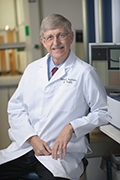 Selected texts from The Language of God. A Scientist Presents Evidence for Belief:
Selected texts from The Language of God. A Scientist Presents Evidence for Belief:
- What I Ask to Believers and Scientists
- Cristianity's Reasons of Credibility for a Scientist
God vs. Science, R. Dawkins and F. Collins interviewed by D. Cray (2006)
The Scientist as Believer, Francis Collins interviewed by J. Horgan (2009)
What is the BioLogos Project?
Joseph Ratzinger's 90 years: suggested readings between Faith and Reason
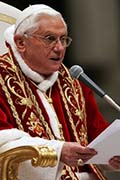
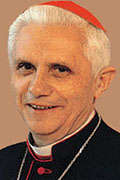 Reflections on the Foundations of Law, Visit to the Bundestag, Berlin (2011)
Reflections on the Foundations of Law, Visit to the Bundestag, Berlin (2011)
Discourse and Homily for the Beatification of John Henry Newman, London - Birmingham (2010)
Lecture prepared for the visit to the University "La Sapienza", Rome (2008)
Speech delivered at the Catholic University of America, Washington (2008)
The Truth of Christianity, Lecture given at the University of Sorbonne, Paris (1999)
Christmas readings
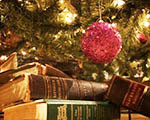
On the difference between Platonists and Christianity concerning the doctrine of the Logos, Confessions, Book VII, c. 9, Augustine of Hippo (397-400)
The design of God in the incarnation, Sermons, XXII, 1-2, Leo the Great (461)
The Christmas Sun, Hugo Rahner (1963)
He became a man, Benedict XVI (2013)
Einstein and Lemaître: 50° Anniversary of George's Lemaître's death (1849-1966) and 100 years of Albert Einstein's General Relativity (1916)
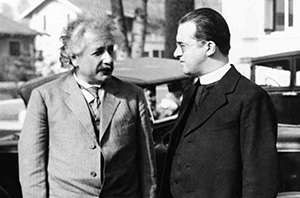
Einstein and Lemaître, two friends, two cosmologies..., by Dominique Lambert
When I met Albert Einstein, by George Lemaître (1957)
Relativity, theory of, by Alberto Strumia
The Pius XII - Lemaître Affair (1951-1952) on Big Bang and Creation, by G. Tanzella-Nitti
VIDEO - Atv5: Georges Lemaitre, Monseigneur Big Bang
IV Centenary of the Index Congregation's Decree on Heliocentrism (1616)
- Congregation for the Index: N. Copernicus' De Revolutionibus "is suspended until corrected", the Official Text of the Decree, March 5, 1616
- What about the 1616 Decree? A historical and philosophical comment, by Rafael Martinez
- At the roots of the 1616 Decree: Robert Bellarmino's letter to Paolo Foscarini (1615), by Luca Arcangeli
- Roman Clouds: on Galileo's third trip to Rome (December 1615 - June 1616), by William R. Shea
- Galileo, for Copernicanism and for the Church, a historical report around the publication of the Decree, by Annibale Fantoli (1996)
|
A Global Lab. Religion among Scientists in International Context.
|
The Rainbow between Science and Religion

On the Physics of Rainbow, by Federica Volpi
The Bow in the Clouds: the Biblical Symbolism of the Rainbow, by Filippo Serafini
A Middle Age interpretation of the Rainbow: Robert Grosseteste’s De Iride et Speculo
The Properties of Light to explain the Colours of the Rain-bow, from
I. Newton’s 4th ed. of Opticks (1730)
400° Anniversary of Galileo Galilei’s Letter to Madame Christina of Lorraine (1615)
Galileo Galilei’s Letter to Madame Christina of Lorraine: a reading-guide, by Luca Arcangeli
On the prudence and openness in interpreting sacred Scripture, when biblical passages deal with our knowledge of nature, from Augustine of Hippo, De Genesi ad Litteram (401-405)
What is the Metaphysics of Light?
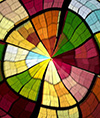
The Physics of Light between Culture and Nature, by Enrico Giannetto
The Metaphysics of Light (2002), by Caroline Ewa Schültzinger
On Light or the Beginning of Forms: the metaphysics of light according to Robert Grosseteste (1168 ca. -1253)
The six forms of Light unified in the unique divine creation: from Reductio artium in theologiam (1255) by Bonaventure of Bagnoregio
The nature of light in the context of creation: from Thomas Aquinas’ Summa theologiae (1265-1274)
2015: On the International Light Year

Are science and religion compatible or incompatible for the Italians?
The results of a recent survey:
Perception of the Italians about the compatibility between science and faith, by Matteo Bonato, Department of Physics and Astronomy “G. Galilei”, University of Padua, Italy
John Paul II's (1978-2005) Canonization, April 27
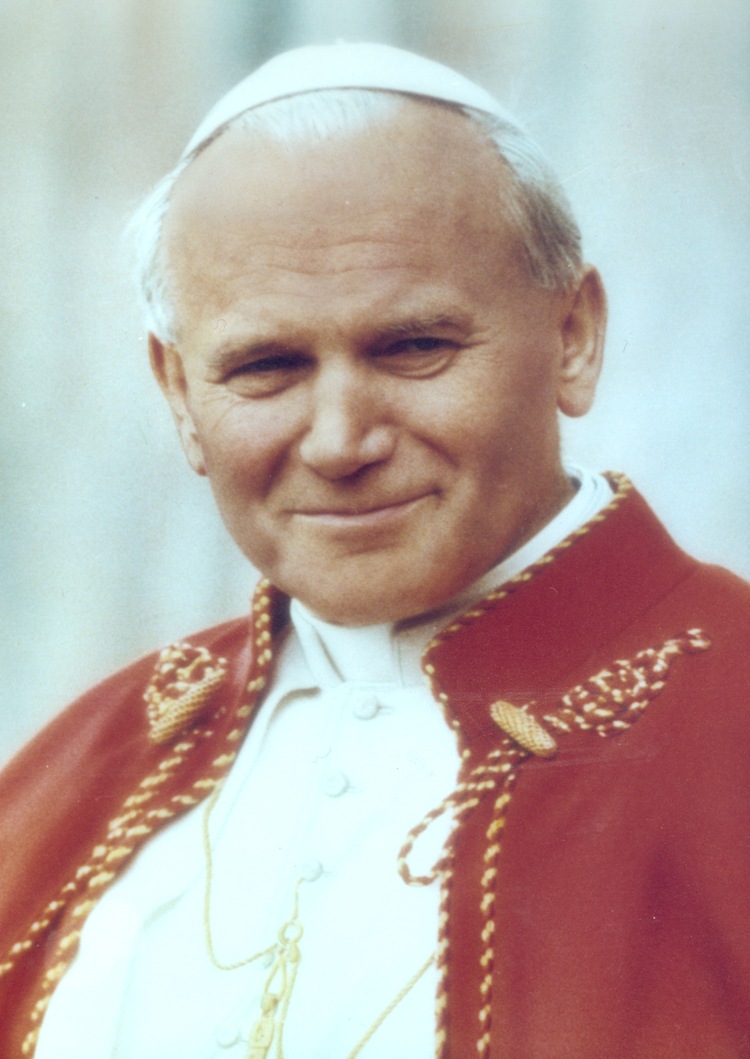
2013: Year of Faith
Do Scientists speak of God? A Selection of Texts from the Present and the Past
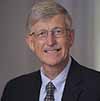
Charles R. Darwin, A Selection of Letters on God’s Existence and the Theory of Evolution (1860-1879)
Werner K. Heisenberg, Science and Religion (1927)
Theodosius Dobzhanski, Humanism and Humanity (1967)
Allan R. Sandage, Reflections on Religious Belief (1997)
Francis Collins, The Scientist as Believer (2009)
What Scientists Really Think (2010), by Elaine Howard Ecklund
50° Anniversary of the Opening of the Second Vatican Council (1962-1965)
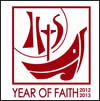 Second Vatican Council’s Message to Scientists, December 8, 1965
Second Vatican Council’s Message to Scientists, December 8, 1965
The Teachings of the Vatican Council II on Faith and Culture: a Concise Introduction and a Selection of Texts, by G. Tanzella-Nitti
The Official English web site on the Year of Faith
2012: 350th Anniversary: Blaise Pascal's Death (1623 - 1662)
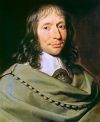
Pascal on Faith and Reason: Thoughts beyond the Wager, by Luca Arcangeli
The Inescapable Human Reflection on the Ultimante Questions, from Penseés, fragments B 194 - B 195
Faith and Reason in Blaise Pascal’s Memorial, from R. Guardini, Pascal For Our Time (1935)
Science and Religion in Blaise Pascal's Life, from W.R. Shea, Designing Experiments and Games of Chance (2003)
The complete English text of Pascal's Penseés (Thoughts), from Bartleby Great Books on line
First Centenary of Alan Turing's birth (1912-1954)

John D. Barrow, Computability and Turing Machine, from The World within the World (1988)
A. Turings historical article: Computing Machinery and Intelligence, in Mind (1950)
John Paul II's Beatification, May 1, 2011
John Paul II on Science and Religion: A Deeply Appreciative Reflection, by Robert J. Russell
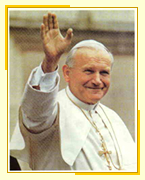
John Paul II on the relationship between the natural sciences and religious belief: five key discourses, by George V. Coyne
- Discourse to the Pontifical Academy of Sciences, to commemorate the centenary of the birth of Albert Einstein, 10 November 1979
- Discourse to the Pontifical Academy of Sciences on the occasion of the Fiftieth Anniversary of the Academy, 28 October 1986
- Letter to the Rev. G.V. Coyne, Director of the Vatican Observatory, 1 June 1988
- Message to the Plenary Session of the Pontifical Academy of Sciences on biological evolution, 22 October 1996
- Encyclical Fides et Ratio, 14 September 1998
In Homage to John Paul II: Thoughts on Science and Religion
John Paul II’s Teachings on Faith, Culture and Scientific Thought on this web site

